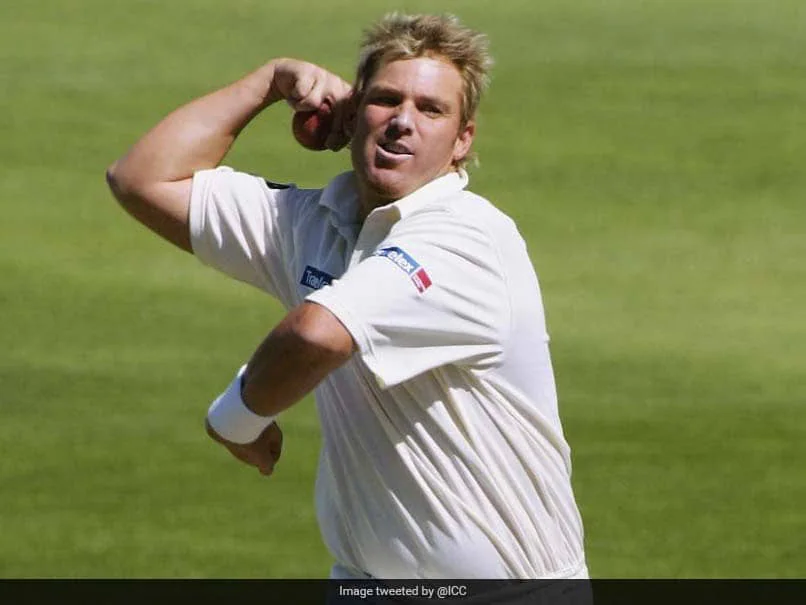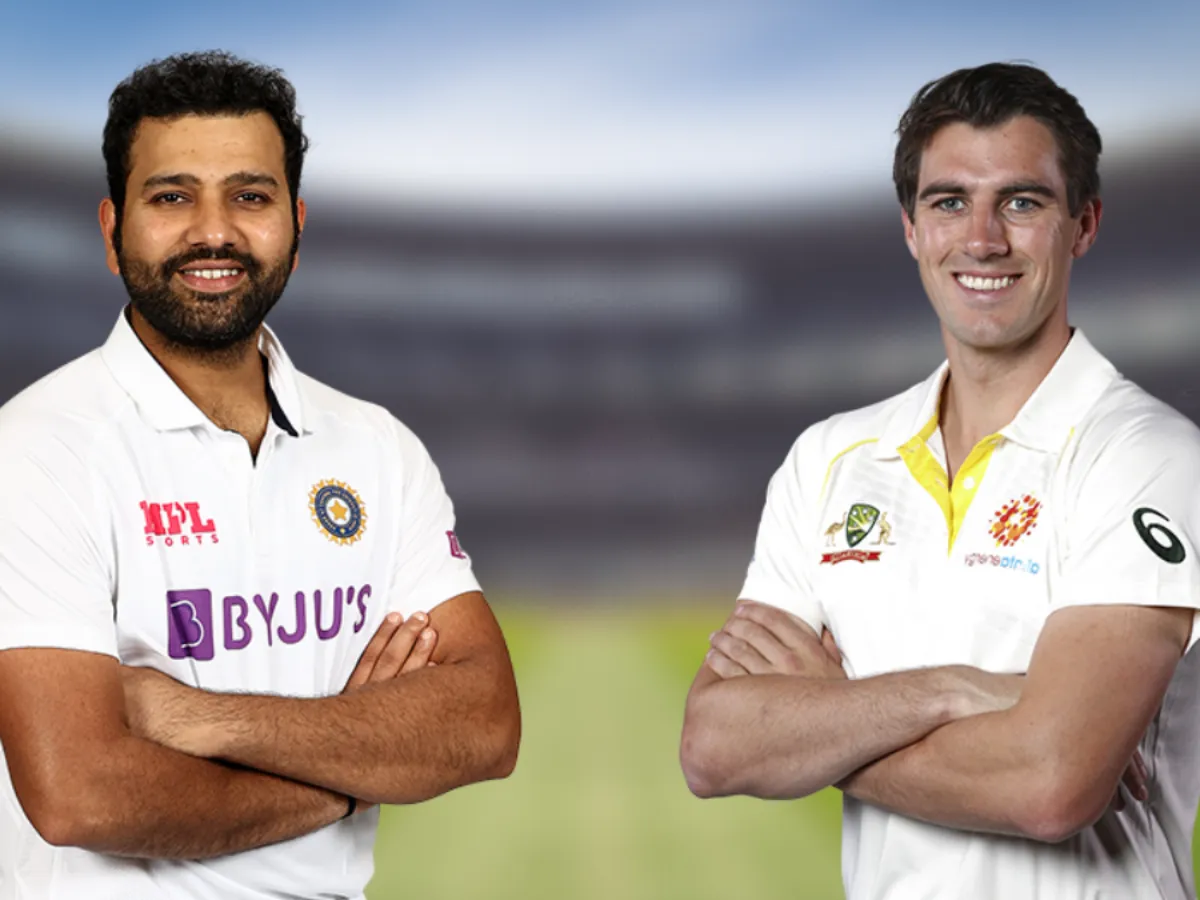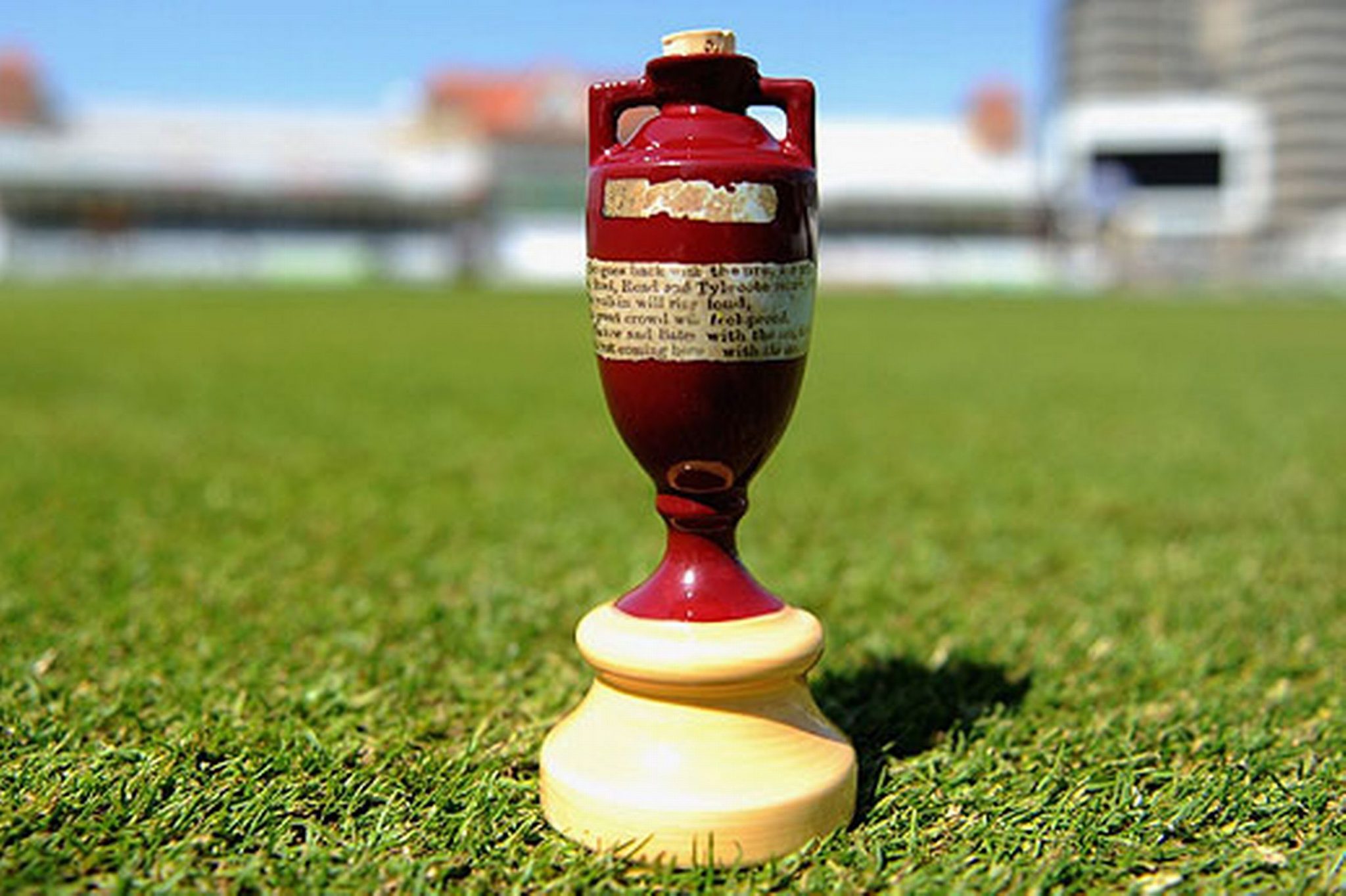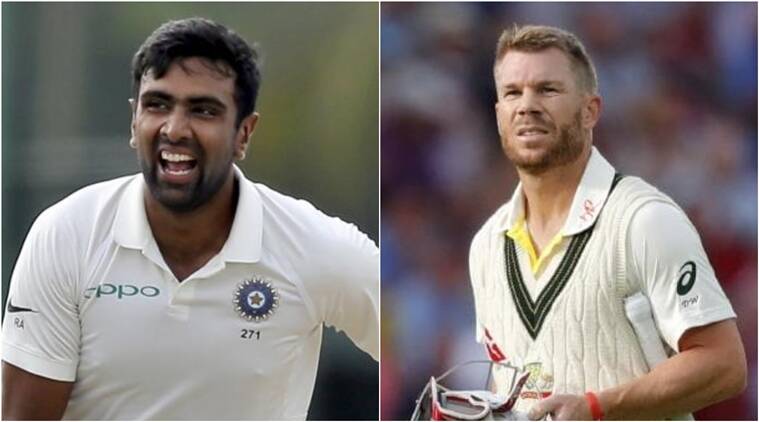Warne needed surgery to solve his shoulder problem that plagued him in 1998. By then, he had delivered lots of deliveries, during matches and also during practice. Leg spin requires a lot of effort to get the revolutions to drift, dip and spin the ball. In 1996, Warne returned from surgery on the finger and wondered whether he would be the same bowler again because it felt different. The fear was overcome with a wicked delivery to Chanderpaul that spun a long way from well outside of Chanderpaul’s off-stump to hit the middle. His second injury, the shoulder, flared up just before the India series in 1998. The spearhead of the Australian attack for that series was Warne because McGrath, Gillespie and Reiffel were injured. Warne surgery and pay dispute
After the series, he visited Greg Hoy who also operated on his finger. The doctor advised him to have the surgery immediately because the shoulder was on the blink. For 6 weeks, his shoulder was strapped tight. 4 screws were inserted on the shoulder to keep it steady. It was time for rehabilitation, twice a day, with therabands. It was increased to 5 times a day alongwith physio by Lyn Watson. No cricket for 6 months. As a side story, Russell Crowe damaged his shoulder and sought Warne’s help to mend it. Grey Hoy was again referred. Since then, Crowe and Warne became good friends. The surgery took sometime to heal completely.
The pay dispute
Warne now goes into the money that the Australian players were earning at time. The fee for the 1996 World Cup was 60K with a further 40K if they won. Pepsi asked Warne to do a commercial for them for 150K AUD but ACB refused permission because they were sponsored by Coca Cola. Hence, to take care of the interests of the players, including international and regional, Warne alongwith with Steve Waugh, Greg Matthews, Tim May & Dodemaide formed the players union. Tim May got in touch with James Erskine. James felt that 25% of the earning of the ACB must go to the players as against 13%. The 5 players mentioned above met James Canterbury to plan for a collective bargaining agreement to the board that will be signed by 120 players.
All of them visited the states to convince the players that this was for the benefit of all of them and not just the elite. The ACB Chairman, Denis Rogers, met Taylor and offered a deal which was rejected by all. The public thought that the players were greedy. Things worked out and the players and the ACB came to an understanding of 20% revenue share which will be increased to 25% in 4 years.
Captaincy & Steve Waugh controversy
It must be said that Australia lost the captainship services of Warne. He would have been the best over the last 40 years without a doubt. Such was his capability and abilityto think on the feet. Warne became the captain of the ODI side in 1999 because Mark Taylor retired and Steve Waugh was injured. This short captaincy tenure has not been written about. The story now jumps to 1999 in the West Indies, the scene of Warne being dropped from the eleven.
With Australia trailing 1-2, Steve Waugh opened the selection meeting between him, Warne being the vice-captain and the coach Geoff Marsh. Steve immediately says to Warne that he should not play the final Test because he wasn’t picking up wickets. Warne didn’t agree and was adamant that he is getting his bowling back and under pressure, he has always performed. Geoff Marsh too agrees to Warne playing but Steve was determined to drop Warne. They asked for Allan Border’s opinion who too said that Warne must play but Steve anyway decided to drop him. Waugh said that he is the captain and he decided to drop Warne. It was announced in the team meeting. Warne felt let down by a good friend. Throughout the game, he didn’t conduct himself well and remained grumpy.
The Herschelle Gibbs drop
The story now jumps to the 1999 ODI World Cup. Steve Waugh’s captaincy was on the line having lost to New Zealand and Pakistan. Against South Africa, something happened the night before which stands as a testimony to Warne’s brilliant cricketing acumen. In his own words, “One thing. If Herschelle Gibbs catches you, stand your ground, because he never holds the ball long enough before he throws it in the air in celebration”. As we all know, that was exactly what happened when Gibbs caught Steve Waugh or rather dropped Waugh. The semi-final against South Africa is now stuff of folklore. Warne was the MOM in both the semi-final and final. He was back at his best.
It does not matter that everyone with whom you play must be your friend but the moment the boundary line is crossed, you play for the rest. It is team and country that gets paramount. Shane had the same philosophy despite his differences with Steve Waugh.
Other parts of the autobiography



